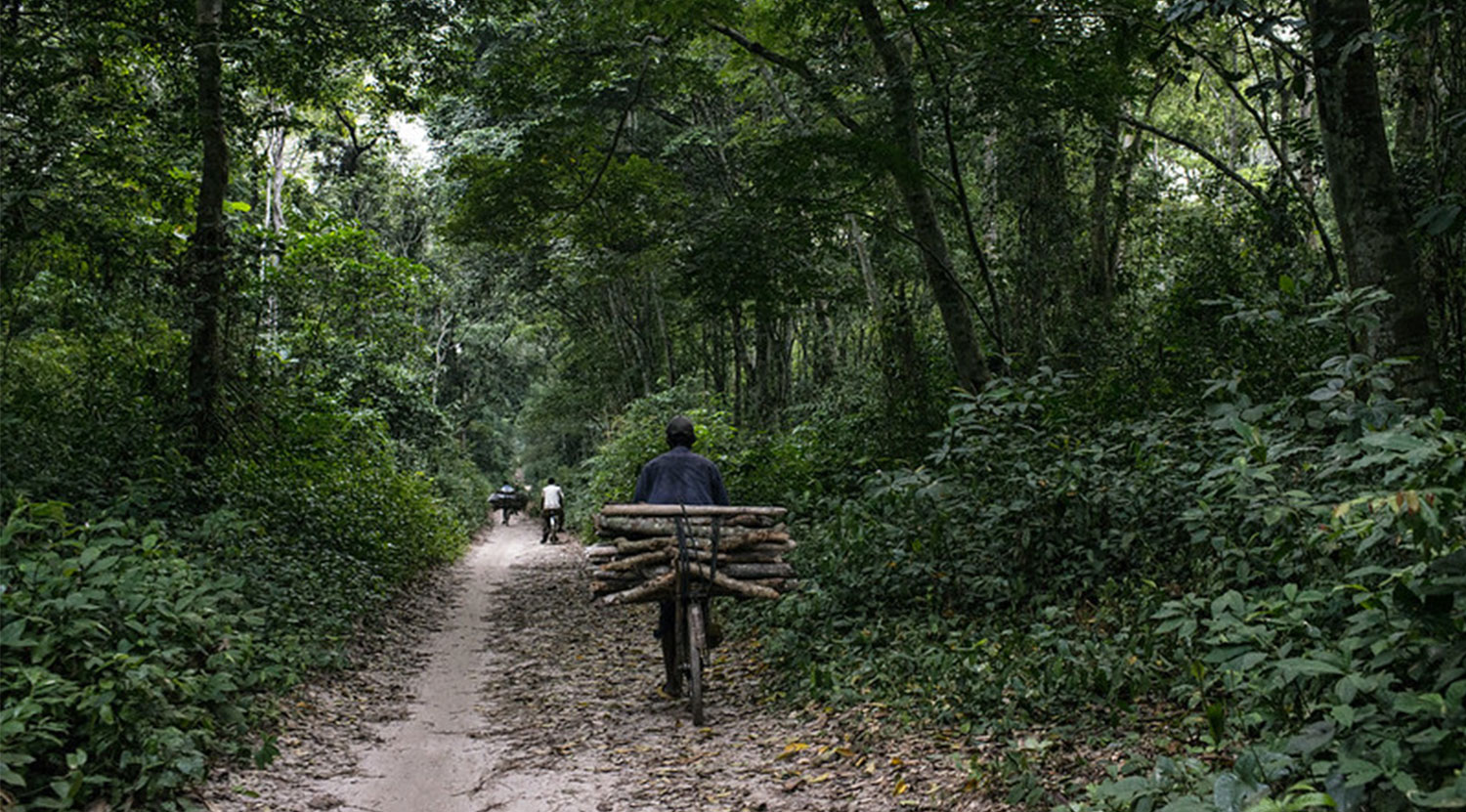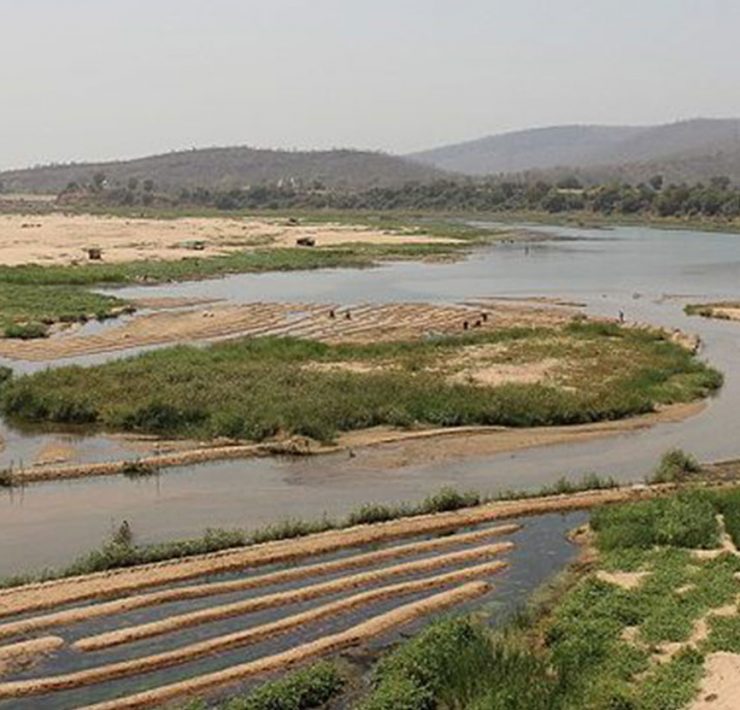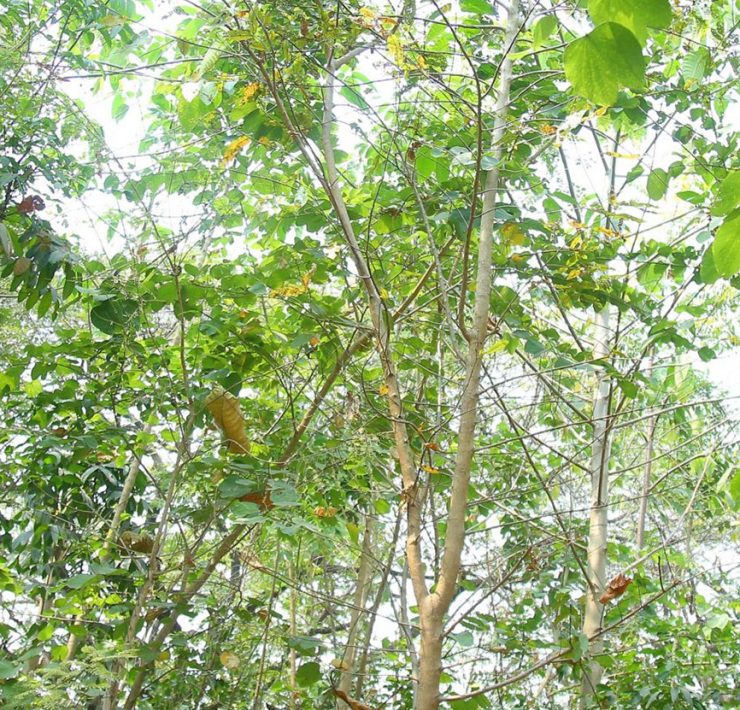Ambitious return to carbon markets to conserve Africa’s forests

- Growth of voluntary carbon market and new investor interest in natural climate solutions in Africa prompts The Nature Conservancy to launch effort to raise $300 million for forest conservation.
- The Africa Forest Carbon Catalyst will initially identify existing projects with potential to protect 10,000 hectares of natural forest or sequester three million tonnes of CO2 over 10 years.
- Clarifying and securing the rights, involvement, and benefits for local communities is a key challenge.
Ten million hectares of forest: that’s the total area The Nature Conservancy (TNC) aims to see protected or restored by the Africa Forest Carbon Catalyst, launched this week. Adapting a business model from Silicon Valley’s technology startups, TNC intends to raise $300 million of investment by 2025 to support forest conservation and restoration projects in Africa that will avoid some 20 million tonnes of CO2 emissions and improve the lives and livelihoods of up to half a million people.
Around 20 percent of the world’s remaining forests are found in Africa; here, as elsewhere, they are under extreme pressure.
“There are so many smart, effective, entrepreneurial ideas out there to slow or reverse forest loss while tackling climate change and improving livelihoods,” said Jennifer Morris, CEO of The Nature Conservancy in a press release. “Yet too few of these ideas have been able to realize their full potential. We are excited about the opportunity to increase the impact of African forest conservation and restoration through this innovative initiative.”
TNC sees an opportunity in the rapid growth of the global voluntary carbon market in recent years and the growing numbers of major corporations committing to carbon neutrality. The NGO wants to harness growing corporate and investor interest in carbon sequestration projects and “natural climate solutions” in Africa in particular.
According to TNC, there are not enough projects on the continent ready to absorb finance on the necessary scale. The scale and sustainability of conservation and reforestation projects are limited by a lack of technical capacity, inadequate access to carbon markets, and policy weaknesses.
To address this, the AFCC will seek out already-existing projects for support, choosing candidates that have the potential to grow to protect 10,000 hectares of natural forest or sequester three million tonnes of CO2 over 10 years. To qualify for the AFCC, organisations will need a plan for financial sustainability beyond donor funding as well as show how they will keep communities at the centre of their approaches.
The catalysing support on offer could include help developing a business plan for projects, securing necessary land rights, gaining better access to research, backing for pilot and feasibility studies, and, of course preparation to approach investors for the money needed for conservation.
Can carbon payments compete?
Charles Meshack, Executive Director of the Tanzanian Forest Conservation Group, welcomes the AFCC’s renewed turn to carbon markets for significant finance to support diverse approaches to forest conservation. He cautions that there are deep, structural challenges to overcome.
“In addition to weak policy, forest conservation in many parts of Africa suffers from poor implementation and enforcement. There is frequently a mismatch between national policy and local interests due to competing needs for land use. Carbon payments cannot compete with other uses,” he told Mongabay.
Pointing to agriculture as the main driver of deforestation in most parts of Africa, he suggests simultaneous investment in improving yields and returns from existing agricultural land is a necessary complement to developing the continent’s engagement with carbon markets.
Drawing on his involvement with major REDD+ projects in Tanzania, he also stressed the importance of people living in and around forests.
“The recognition of the tenure rights of local communities to forests and forest resources needs to be secured both in law and in practice. Communities need to be clearly established as the legal owners of carbon credits generated from emissions reductions achieved within their lands. Strong participation by these same communities in developing national and sub-national frameworks for carbon markets is also necessary.”
TNC is seeking ten million dollars of philanthropic funding for the launch of the AFCC to support an initial set of 20 projects. More than two million has already been committed.
“Nature is one of our best allies to cost effectively address the climate emergency at the scale and speed necessary,” said Morris. “The Africa Forest Carbon Catalyst will accelerate natural climate solutions that protect and restore some of the planet’s most vulnerable forest landscapes while earning people a better living.”
This article first appeared on Mongabay.







